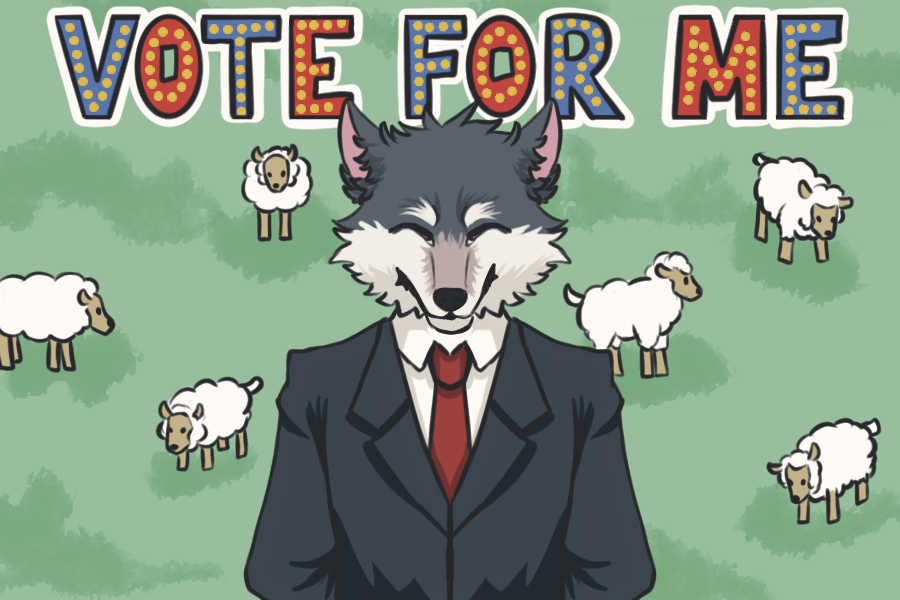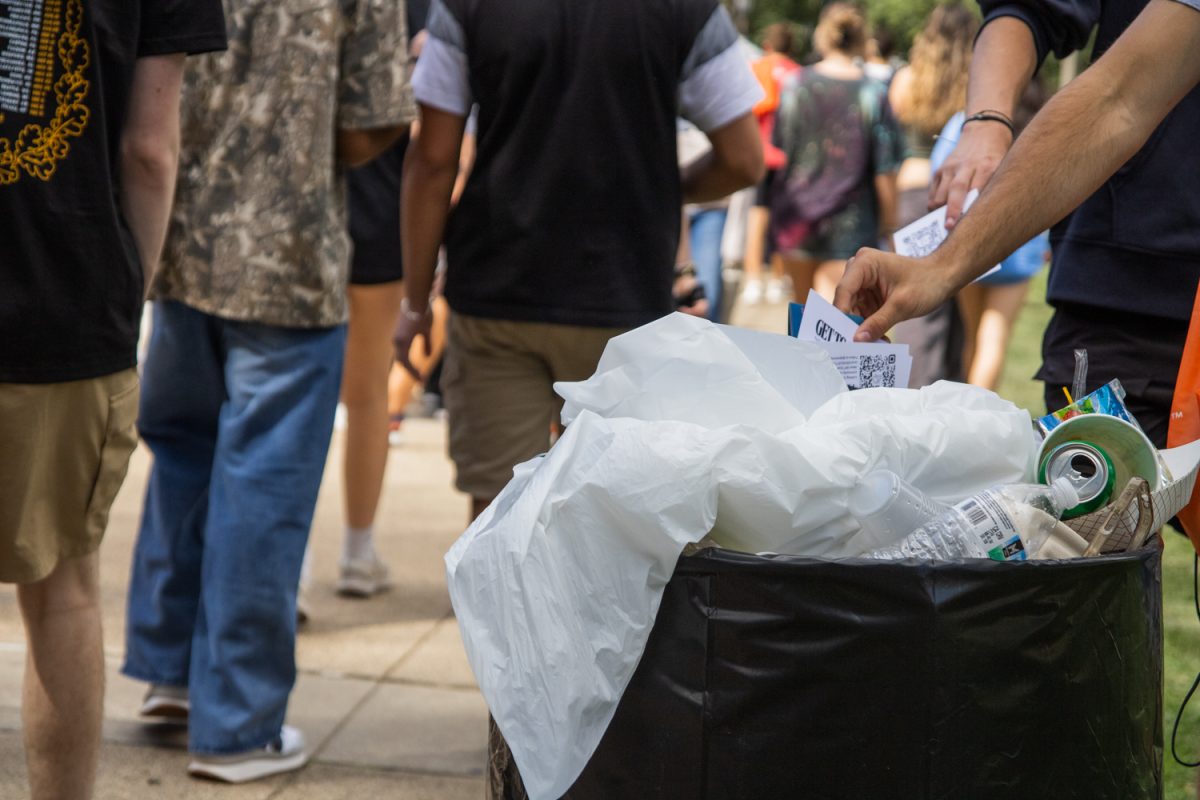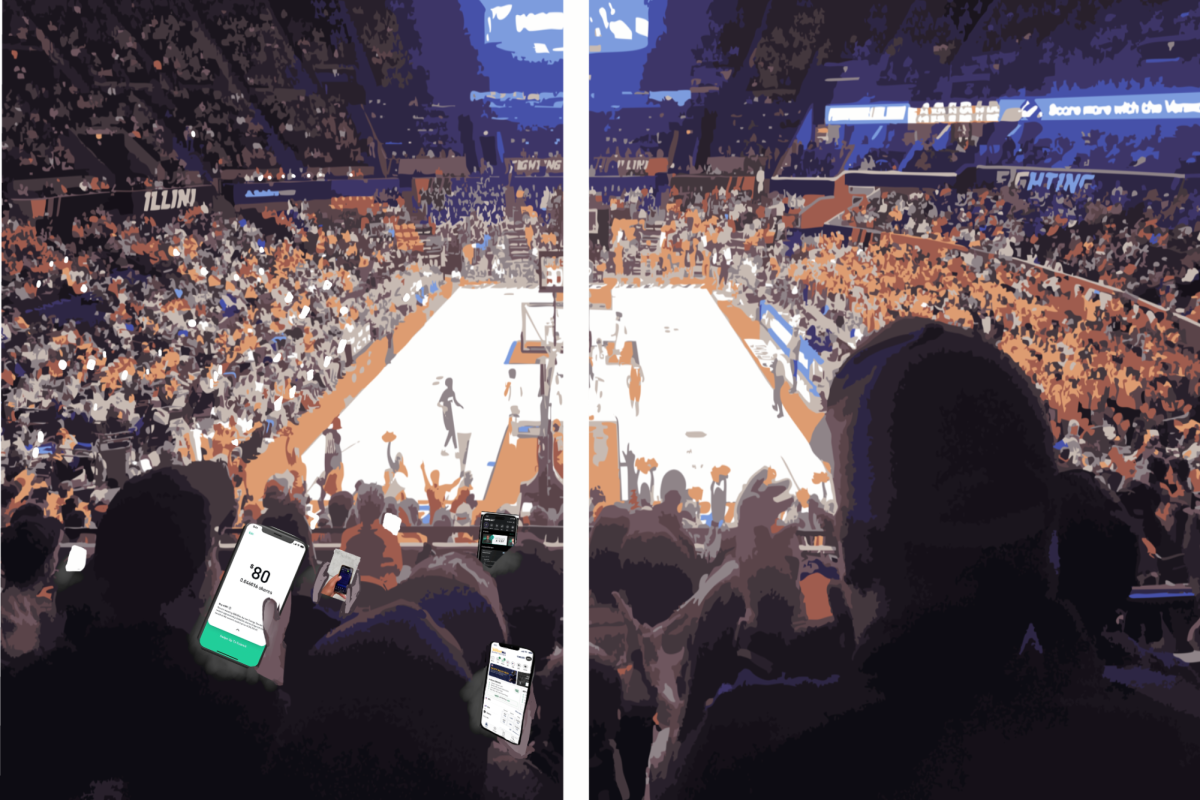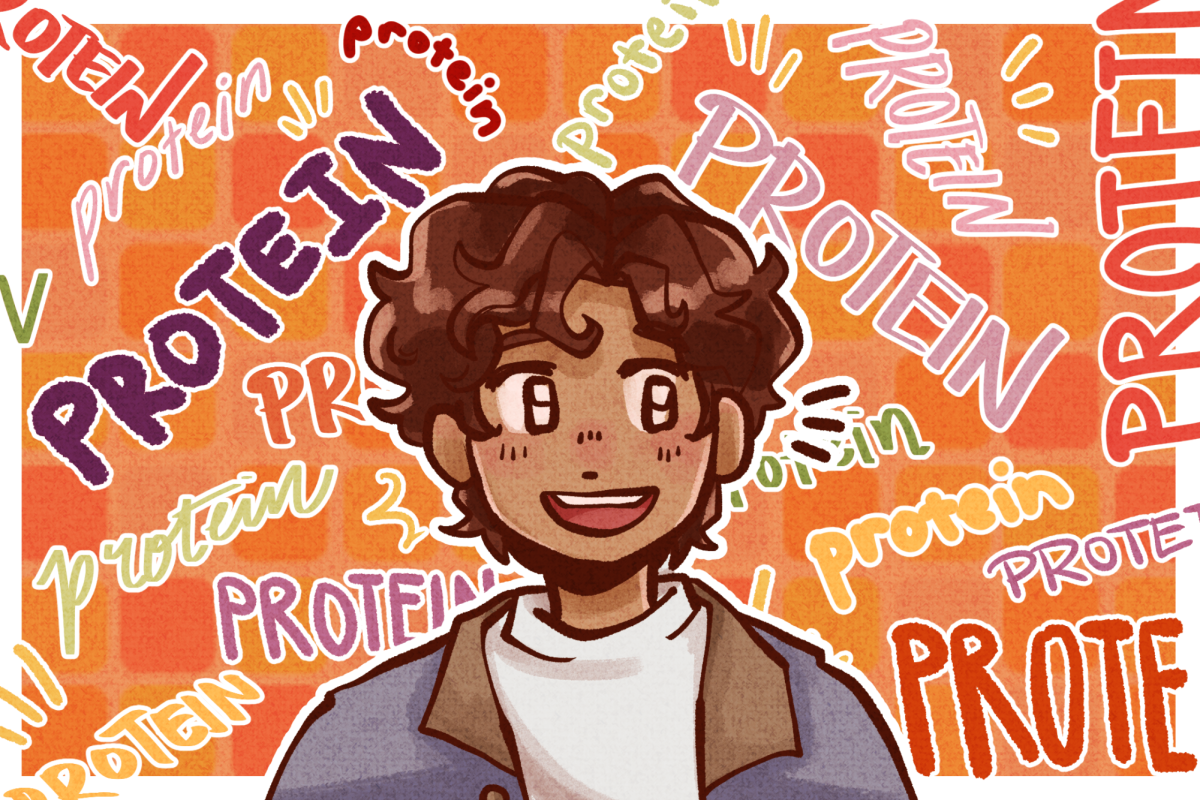The presidential elections are famous for their comedic flair in the past two runnings, and this time we seem to have added more clowns to the car. However, unlike Trump battling Hillary, or Biden stumbling with his words, we now face an even more chaotic presence: misinformation through social media.
There’s no denying that misinformation is constantly in politics through the news, word of mouth and social media. However, there seems to be much more during this political campaigning season than ever, and we have TikTok to thank.
Nikki Haley and Marianne Williamson have become prominent figures on TikTok through numerous edits and clips. Their widespread exposure on the platform, while seemingly innocuous, raises concerns about the potential for misinformation and bias to influence public perceptions of these candidates.
TikTok, like many social media platforms, is known for its algorithmic biases where users are often exposed to content that aligns with their existing beliefs. This can create an environment in which one-sided information about a candidate’s entire platform is propagated, ultimately impacting the democratic process by distorting public understanding and engagement with political candidates.
In order to truly understand this phenomenon, we must dissect each candidate to investigate what policies they truly support instead of what TikTok has depicted from both candidates.
Get The Daily Illini in your inbox!
Haley, a Republican presidential candidate, has garnered attention on TikTok for seemingly moderate portrayals. In these edited clips, Haley is framed as both pro-life and supportive of LGBTQ+ rights, particularly trans rights, but with the caveat that individuals should only transition after turning 18.
These edits convey a narrative of a reasonable and compassionate conservative, open to compromise on contentious issues. However, according to The Guardian, Planned Parenthood and The New York Times, a closer examination of Haley paints a different picture.
She has consistently asserted that marriage should be strictly between one man and one woman and has opposed recognizing same-sex marriages from other states. Additionally, Haley has criticized LGBTQ+ content in public school curricula as “not age-appropriate” and unsuitable for children.
On the topic of abortion, Haley has signed restrictive bills in South Carolina, including imposing a 24-hour waiting period, mandatory counseling and ultrasound viewing. She has also advocated for defunding Planned Parenthood and the overturning of Roe v. Wade, as she thinks states should be able to decide if abortion is legal or not.
Next up is Marianne Williamson, who has been made to seem like the perfect Democratic candidate via TikTok. However, according to multiple sources such as PBS, CNN and her own campaign page her views on mental health, gun violence and LGBTQ+ rights have raised concerns and stirred controversy.
Williamson’s stance on mental health has been criticized for appearing to promote anti-science views as she has suggested that depression is a scam or spiritual problem rather than a medical condition. She also implied that antidepressants are overprescribed and harmful and that prayer and positive thinking can cure or prevent illnesses. While she has clarified her support for both conventional and alternative therapies, some remain skeptical.
On the subject of gun rights, Williamson calls for stricter gun control measures. However, her belief that gun violence is fundamentally linked to a deeper spiritual crisis in America and that legislative action alone is insufficient has invited criticism.
Williamson’s stance on LGBTQ+ rights is another area that has garnered attention. While she has been a vocal ally, she has not been immune to controversy. Although her statements have been revoked, in her book “A Return to Love,” she referred to AIDS as “physical manifestations of a psychic scream” that can be aided with prayer and positive thoughts.
In summary, Marianne Williamson’s “progressivism” is marked by a series of actions that leave room for debate about her authenticity on these issues.
Although Williamson and Haley may appear to be progressive and strong women leaders, it is important to do research before voting for any political candidate. Thus, it is important to remember to take social media platforms such as TikTok less seriously as the next candidate placed in office will have a great impact on our society.
Sofia is a junior in LAS.













